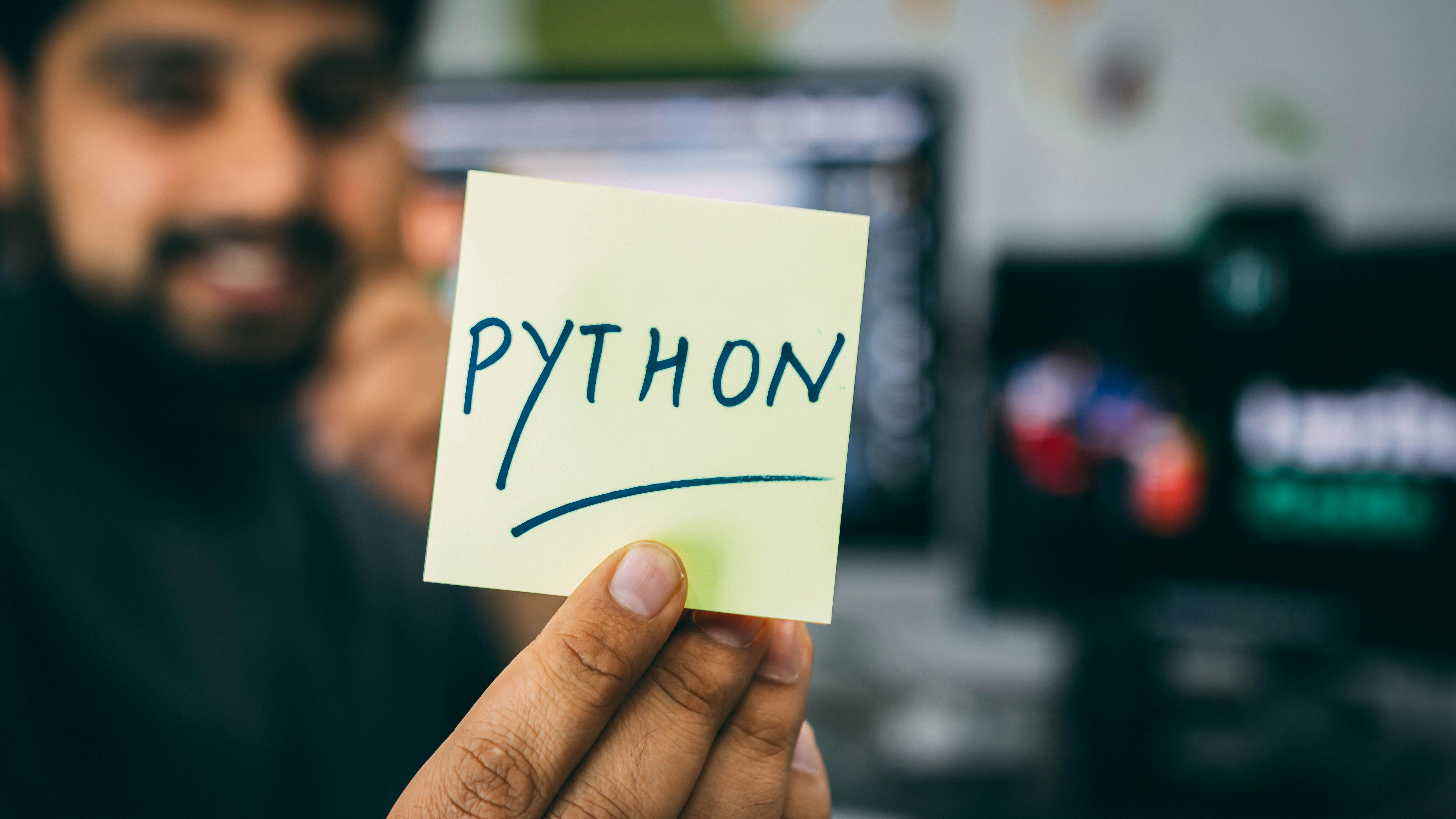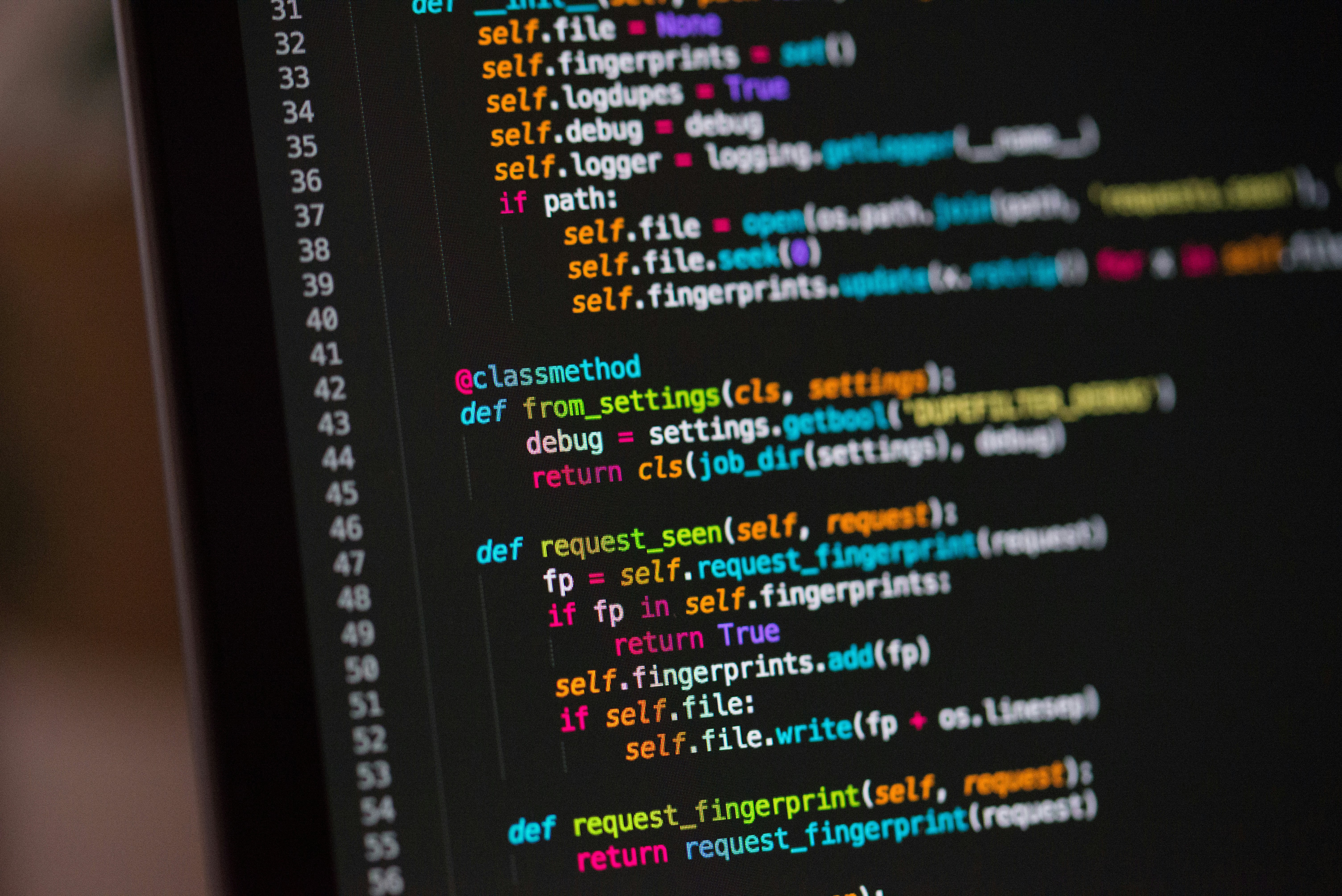Python
Python is a versatile language that can be used for a wide variety of tasks, from web development to data analysis. In this blog post, we’ll explore some of the ways that Python has been used in recent years to shape manufacturing.
What is Python used for?
Firstly python is a versatile language that has many uses. It is used for web development, scientific computing, artificial intelligence, automation, and more
Loop python
In this , a for loop is used to iterate over a sequence of objects. This is useful for doing things like creating lists or strings from other data structures.
A for loop has the following syntax:
for item in sequence:
do something with item
Here’s an example of how you might use a for loop to create a list of numbers:
numbers = [1, 2, 3, 4, 5]
for num in numbers:
print(num)
This would produce the following output:
1 # Each number is printed on its own line. Notice the indentation!
2
3
4
5
For i loop python
Python’s for loop is different than other programming languages’ for loops. In Python, for loops iterate over a sequence of objects, not just numbers. This means that you can use for loops with data structures like lists and tuples.
The syntax for a for loop in Python is:
for item in sequence:
do something with item
This will execute the indented code block once for each item in the sequence. The item variable will be set to the value of each successive element in the sequence.
You can also use a for loop to iterate over a dictionary by using its keys:
for key in dictionary:
do something with dictionary[key]
Which language is used in Python?
It is an interpreted, high-level, general-purpose programming language. Created by Guido van Rossum and first released in 1991, It has a design philosophy that emphasizes code readability, notably using significant whitespace. It provides constructs that enable clear programming on both small and large scales.
What are the 3 types of programming in Python?
It has 3 types of programming:
1. Object-oriented programming
2. Functional programming
3. Procedural programming
What are the 5 Python principles?
It is an interpreted, high-level, general-purpose programming language. Created by Guido van Rossum and first released in 1991, Python has a design philosophy that emphasizes code readability, notably using significant whitespace. It provides constructs that enable clear programming on both small and large scales.
In July 2018, Van Rossum stepped down as the leader in the language community after 30 years.
1. It is an interpreted language.
2. Python is a high-level language.
3. Python is a general-purpose programming language.
4. It design philosophy emphasizes code readability.
5. Python provides constructs that enable clear programming on both small and large scales.”
What are the 4 types of data in Python?
It has four standard data types:
– integers
– floating point numbers
– strings
– Booleans
Is Python a C or C++?
It is not a C nor C++. It is an interpreted, high-level, general-purpose programming language. Created by Guido van Rossum and first released in 1991, It has a design philosophy that emphasizes code readability, notably using significant whitespace.
What is OOPs in Python?
As its name suggests, object-oriented programming (OOP) is a programming paradigm that uses objects to model complex systems. In Python, everything is an object, so using OOP concepts can help you design more sophisticated programs.
In addition to data structures, OOP in Python also includes the following features:
• Classes and inheritance: You can use classes to define new types of objects and use inheritance to specify how these new types are related to existing types.
• Polymorphism: You can write code that can work with different types of objects without knowing the specific type in advance. This is possible because Python supports duck typing.
• Encapsulation: Next ,you can hide the implementation details of your classes from other code modules. This helps you prevent accidental changes to your code and makes it easier too to maintain and reuse your code.
Which career is best in Python?
There are many great careers in Python. However, the best one for you depends on your specific skillset and goals.
If you’re looking for a career in Python programming, then you should consider becoming a Python developer. Python developers are in high demand, and they can earn a good wage.
If you’re interested in data science, then you should become a Python data scientist. Python data scientists are in high demand, and they can earn a good wage.
If you want to work in machine learning, then you should become a Python machine learning engineer. Machine learning engineers are in high demand, and they can earn a good wage.
What is SQL in Python?
SQL is a Python library that provides a powerful interface for working with databases. The library includes a wide range of tools for working with data, including a SQL engine, a database schema tool, and an ORM. SQL in Python also provides support for a wide range of popular database engines, including MySQL, PostgreSQL, and SQLite.
Is Python worth learning 2022?
It is definitely worth learning in 2022. Here are some reasons why:
Firstly , Python is one of the most popular programming languages in the world, and it’s only getting more popular.
Secondly , Python is very versatile and can be used for a wide variety of tasks, from web development to data science to artificial intelligence.
3rd , It is relatively easy to learn compared to other programming languages, so you’ll be able to get up and running quickly.
4th , There are many high-paying jobs that require Python skills, so learning Python can help you get a great job with a good salary.
5th, It is constantly evolving and improving, so you’ll always have something new to learn.
python for beginners
python is a programming language with many features that make it ideal for beginners. It is easy to read and write, and its syntax is simple and straightforward. python is also an interpreted language, which means that it can be executed without the need for a compiler. python is an open source language, which means that it is freely available for anyone to use. It is also a cross-platform language, which means that it can used on any operating system.
python compiler
Python compilers are available for many operating systems. The most common ones areCPython, which is the reference implementation of Python, and Jython, which is written in Java. There are also compilers that translate Python code into other languages, such as C++ or JavaScript.
What should I learn before Python?
Assuming you want to learn Python, here are a few things you should learn beforehand:
The basics of computer programming: In order to understand how Python works, you need to have a basic understanding of computer programming concepts. In addition this includes topics like variables, data types, control flow, and functions. If you’re not already familiar with these concepts, there are plenty of resources available online (like Codecademy’s Learn Python track) that can help get you up to speed.
Some other programming language: It can be helpful to learn at least one other programming language before starting with this. Moreover ,that way, you can better appreciate the unique features and syntax of Python. And if you ever run into any trouble while coding in it , knowing another language will make it easier for you to find solutions online or ask for help from more experienced developers.
Basic shell commands: You’ll also need to know some basic shell commands (like cd and ls) in order to navigate your computer’s file system from the command line. Don’t worry if you’re not familiar with this – there are plenty of guides available online (like this one from DigitalOcean) that can help get you up to speed.
For more informative article visit this link:








